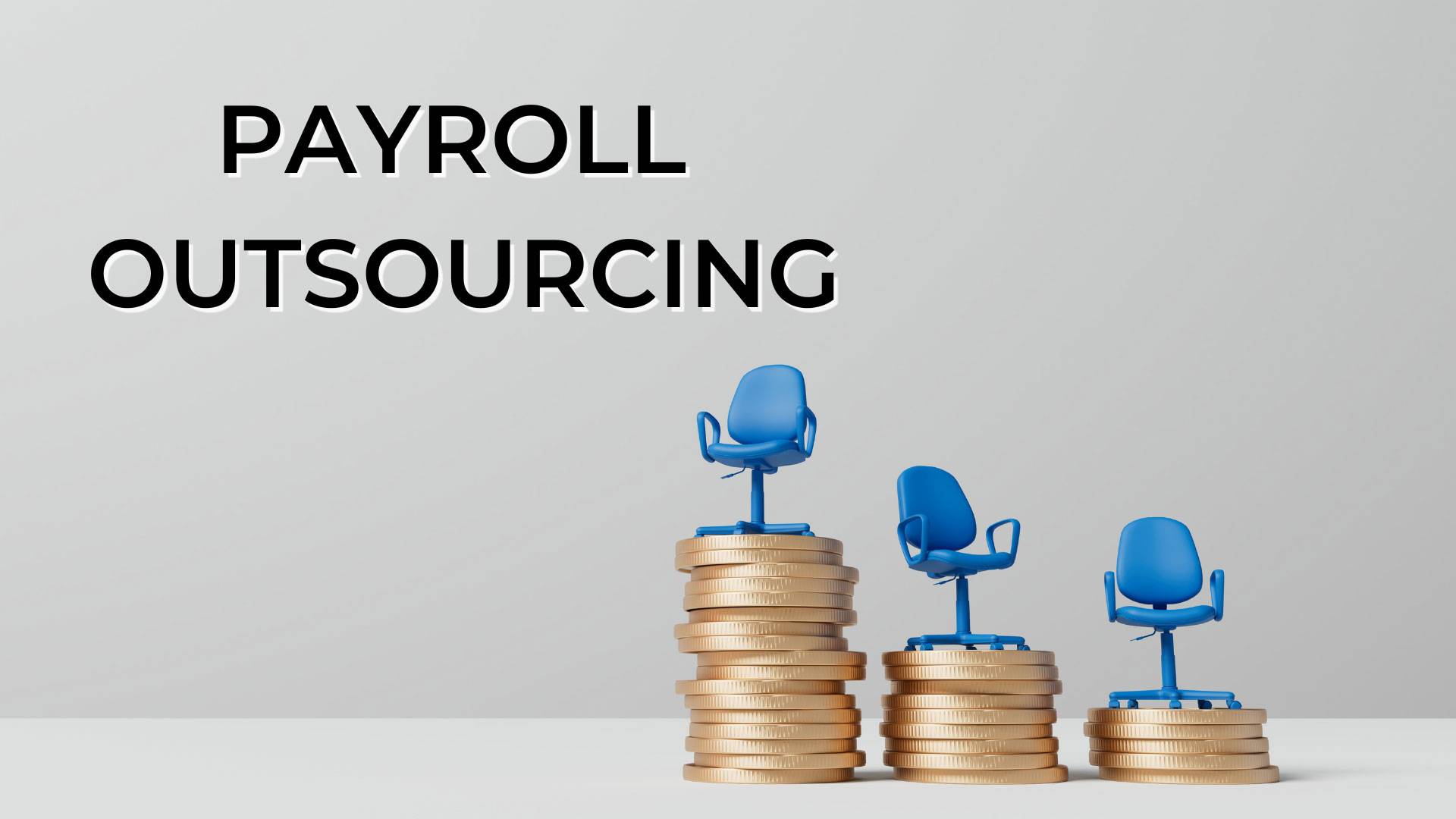Managing payroll is a critical function for every business. It directly affects employee satisfaction, compliance with tax laws, and overall operational efficiency. As businesses grow, many face the choice between maintaining in-house payroll or outsourcing payroll services to a third-party provider. Each approach comes with its own benefits and drawbacks. Here’s a breakdown to help you determine which option is right for your business.
In-House Payroll: Control and Customization
In-house payroll means your internal team is responsible for calculating salaries, deductions, taxes, and disbursing payments.
Pros:
-
Greater Control: You have direct oversight of payroll processes, ensuring they align closely with company policies.
-
Customization: Tailor the payroll system to fit specific business needs, including bonuses, incentives, and special deductions.
-
Data Security: Sensitive employee data stays within the organization, reducing exposure to third-party risks.
Cons:
-
Time-Consuming: Processing payroll can take significant time and attention, especially as employee numbers grow.
-
Compliance Risks: Staying up to date with labor laws and tax regulations requires constant monitoring and expertise.
-
Higher Costs: Software subscriptions, training, and dedicated staff can make in-house payroll expensive in the long run.
Payroll Outsourcing: Efficiency and Expertise
Outsourcing payroll involves hiring a professional payroll service provider to handle your payroll activities.
Pros:
-
Time-Saving: Frees up internal resources so your HR and finance teams can focus on core business functions.
-
Regulatory Compliance: Payroll providers are experts in tax laws and labor regulations, reducing the risk of penalties and errors.
-
Advanced Technology: Many providers use sophisticated software that automates tasks, provides real-time reports, and ensures data accuracy.
-
Scalability: Easily accommodate business growth without the need to invest in more staff or infrastructure.
Cons:
-
Less Control: Some businesses may feel uneasy about handing sensitive data to an external partner.
-
Ongoing Costs: Monthly or annual fees can add up, especially for smaller businesses.
-
Service Dependency: Relying on a third party means you’re dependent on their timelines, systems, and responsiveness.
Which Option Is Best for You?
Choosing between in-house and outsourced payroll depends on your company’s size, budget, complexity, and strategic goals.
-
Small Businesses: Often benefit from outsourcing to save time and reduce compliance risks.
-
Medium to Large Enterprises: May opt for a hybrid model—handling basic functions in-house while outsourcing tax filings or audits.
-
Businesses with Unique Needs: If your payroll involves many variables like shift differentials, freelance payments, or international employees, in-house payroll might provide better flexibility.
Conclusion
There is no one-size-fits-all solution. If your business has the expertise and resources, in-house payroll offers more control. However, if accuracy, compliance, and time-saving are priorities, outsourcing payroll services may be the smarter choice. Evaluate your current challenges and future goals to decide which approach aligns best with your business needs.






